Processing with Our Senses
 When you hear a sound, how do you respond? You might choose to ignore it or investigate its source. This process of using our senses to interpret a situation and respond in a purposeful way is called sensory integration. When these systems don’t synthesize, whether due to a diagnosis like autism or ADHD or to a skills deficit, it can lead to a whole host of learning and behavioral challenges. Studies have found that 1 in every 6 children has sensory processing issues that make it more difficult for them to thrive in school. Read more ›
When you hear a sound, how do you respond? You might choose to ignore it or investigate its source. This process of using our senses to interpret a situation and respond in a purposeful way is called sensory integration. When these systems don’t synthesize, whether due to a diagnosis like autism or ADHD or to a skills deficit, it can lead to a whole host of learning and behavioral challenges. Studies have found that 1 in every 6 children has sensory processing issues that make it more difficult for them to thrive in school. Read more ›
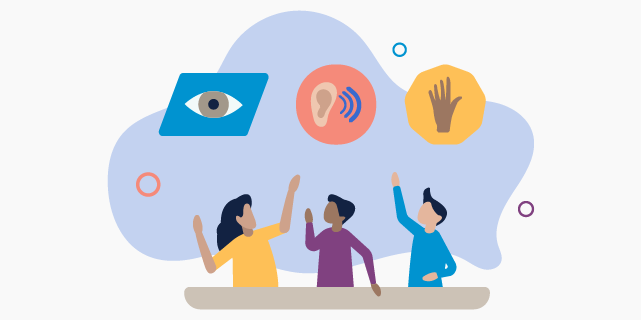
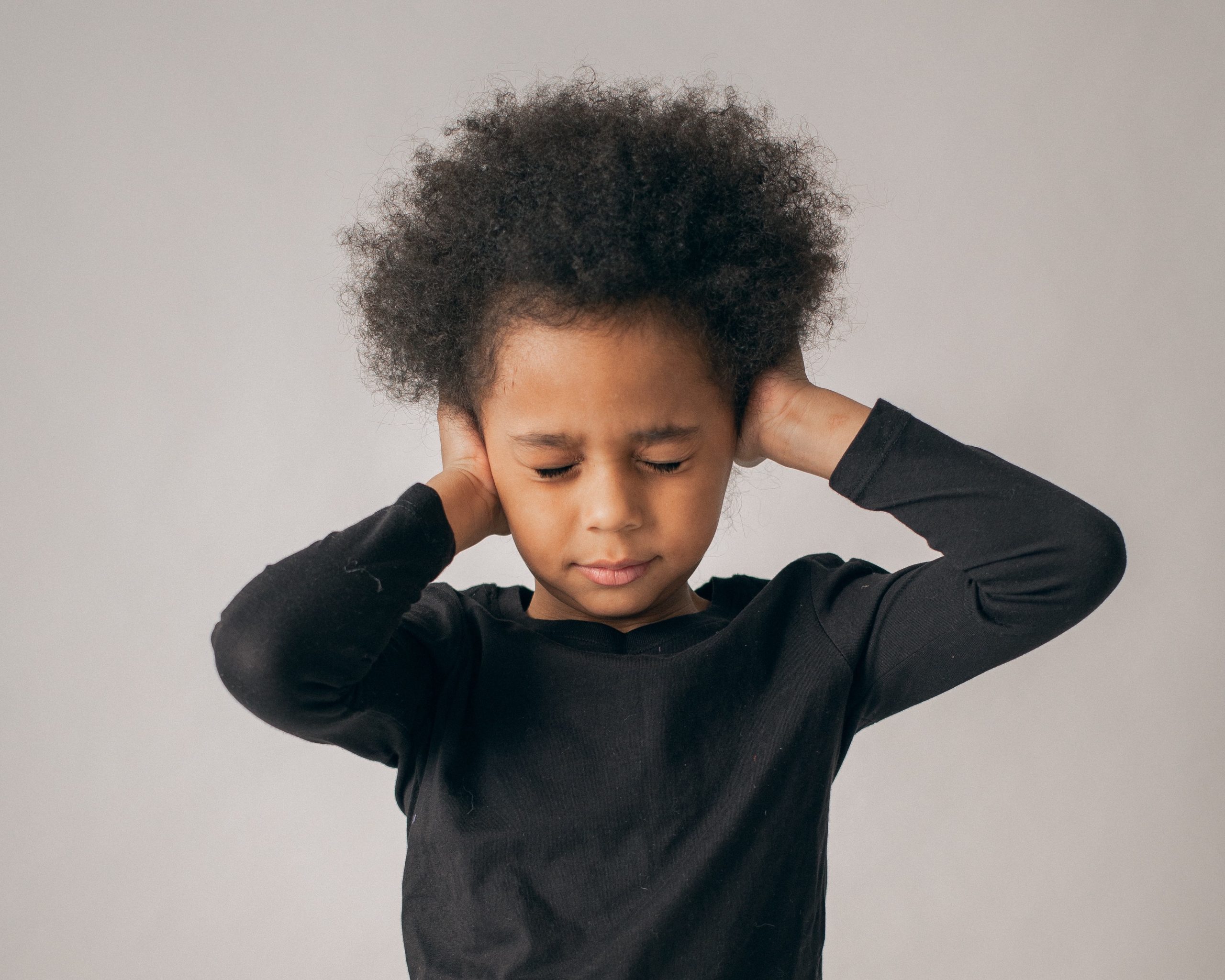
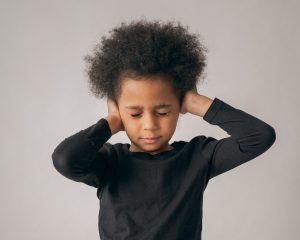 Sensory integration involves perceiving, modulating, organizing, and interpreting these sensations to optimize occupational performance and participation. Well-regulated and appropriately functioning sensory systems contribute to important outcomes in social emotional, physical and motor, communication, self-care, cognitive, and adaptive skills development and maintenance.
Sensory integration involves perceiving, modulating, organizing, and interpreting these sensations to optimize occupational performance and participation. Well-regulated and appropriately functioning sensory systems contribute to important outcomes in social emotional, physical and motor, communication, self-care, cognitive, and adaptive skills development and maintenance. 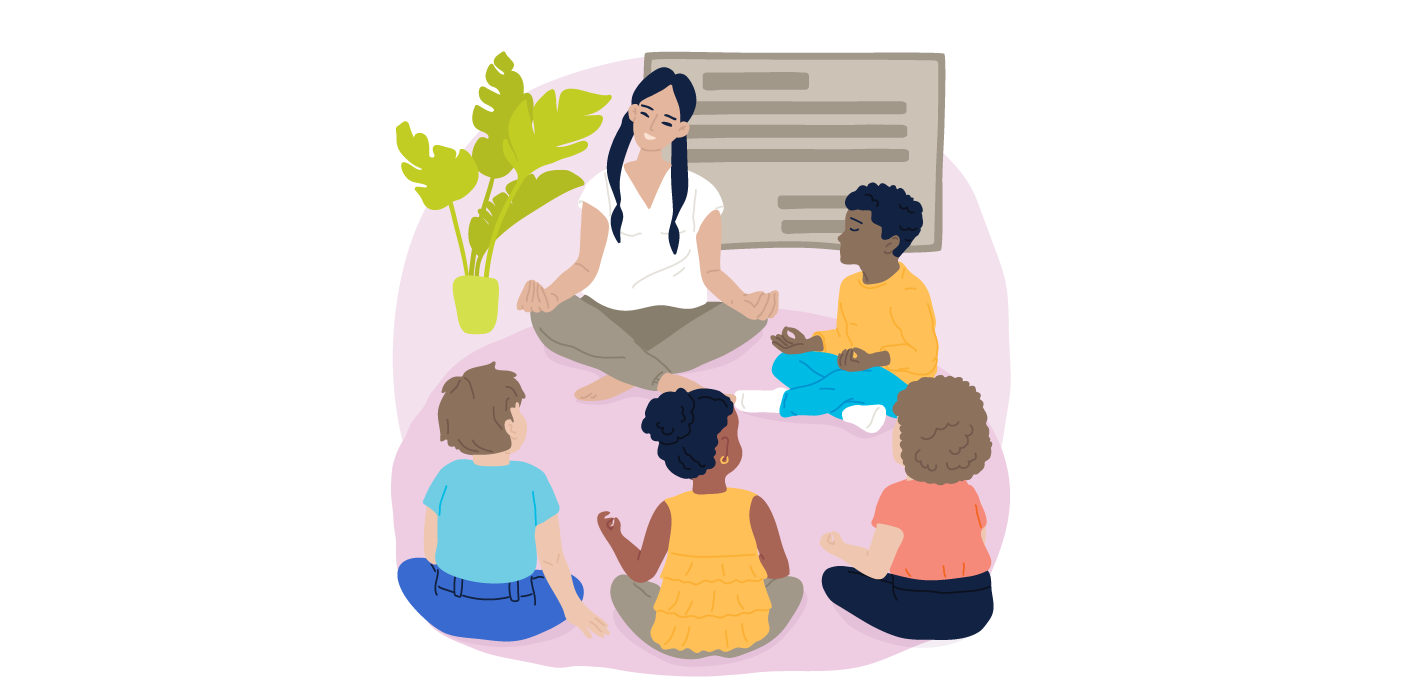

 Increasingly, educators are being asked to manage not just the academic and social-emotional wellbeing of their students, but also address mental health challenges and learning differences in the classroom.
Increasingly, educators are being asked to manage not just the academic and social-emotional wellbeing of their students, but also address mental health challenges and learning differences in the classroom. 

 We are all different, and we know that not every child fits into a specific category. Is your child struggling with learning or behavioral outbursts? Your child is not broken and you are not a bad parent.
We are all different, and we know that not every child fits into a specific category. Is your child struggling with learning or behavioral outbursts? Your child is not broken and you are not a bad parent. 
 Babies cry, toddlers have tantrums. At some point, parents expect their kids to start managing their feelings without epic meltdowns.
Babies cry, toddlers have tantrums. At some point, parents expect their kids to start managing their feelings without epic meltdowns. 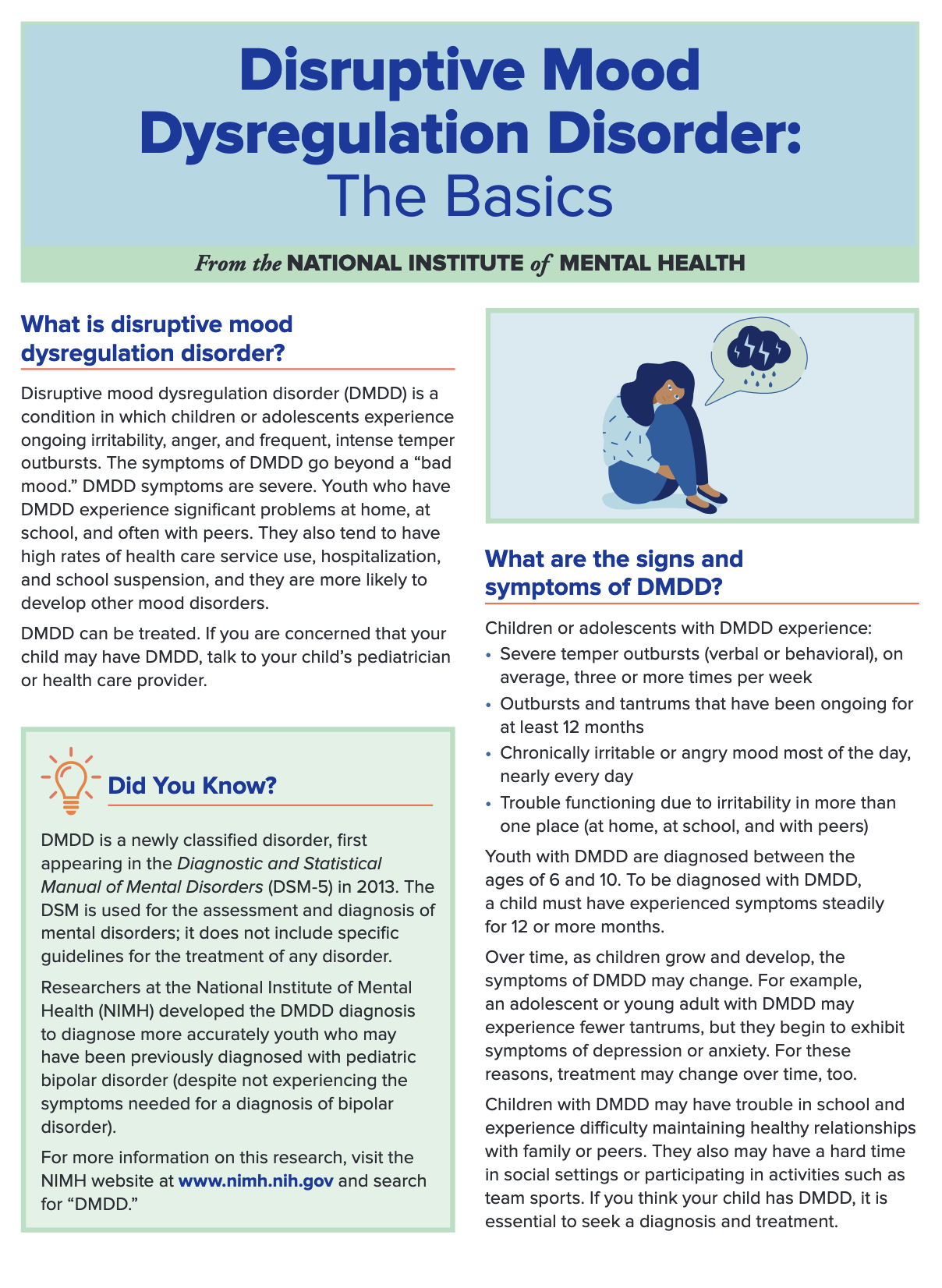
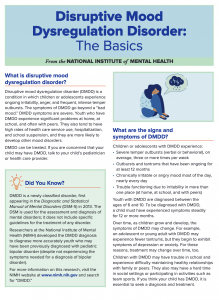 Disruptive mood dysregulation disorder (DMDD) is a condition in which children or adolescents experience ongoing irritability, anger, and frequent, intense temper outbursts. The symptoms of DMDD go beyond a “bad mood.” DMDD symptoms are severe. Youth who have DMDD experience significant problems at home, at school, and often with peers.
Disruptive mood dysregulation disorder (DMDD) is a condition in which children or adolescents experience ongoing irritability, anger, and frequent, intense temper outbursts. The symptoms of DMDD go beyond a “bad mood.” DMDD symptoms are severe. Youth who have DMDD experience significant problems at home, at school, and often with peers. 
 Raising a child with ADHD isn’t like traditional childrearing. Normal rule-making and household routines can become almost impossible, depending on the type and severity of your child’s symptoms, so you’ll need to adopt different approaches.
Raising a child with ADHD isn’t like traditional childrearing. Normal rule-making and household routines can become almost impossible, depending on the type and severity of your child’s symptoms, so you’ll need to adopt different approaches. 
 The “usual” parenting strategies are often less effective for children with ADHD. In this video Erin Gonzales, PhD, a psychologist from the PEARL Clinic at Seattle Children’s Hospital, discusses common challenges and changes parents and caregivers can make to help a child with ADHD stay engaged and set them up for success.
The “usual” parenting strategies are often less effective for children with ADHD. In this video Erin Gonzales, PhD, a psychologist from the PEARL Clinic at Seattle Children’s Hospital, discusses common challenges and changes parents and caregivers can make to help a child with ADHD stay engaged and set them up for success.

 Emotional regulation is the ability to control our emotional state so that it matches the situation at-hand. It is not something we are born knowing how to do, but rather we learn over time. How can we teach our kids to respond to various situations appropriately, even if it means behaving on the outside differently than they are feeling on the inside?
Emotional regulation is the ability to control our emotional state so that it matches the situation at-hand. It is not something we are born knowing how to do, but rather we learn over time. How can we teach our kids to respond to various situations appropriately, even if it means behaving on the outside differently than they are feeling on the inside? 
 Emotional self-regulation refers to a person’s ability to manage their emotions and impulses. It is a skill that people learn and develop throughout childhood and adolescence and into adulthood, and it is an important part of overall mental and physical well-being.
Emotional self-regulation refers to a person’s ability to manage their emotions and impulses. It is a skill that people learn and develop throughout childhood and adolescence and into adulthood, and it is an important part of overall mental and physical well-being. 

